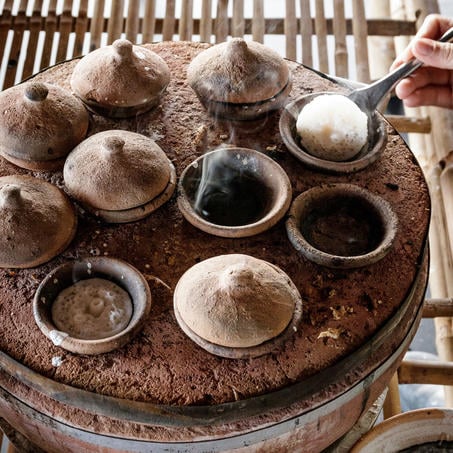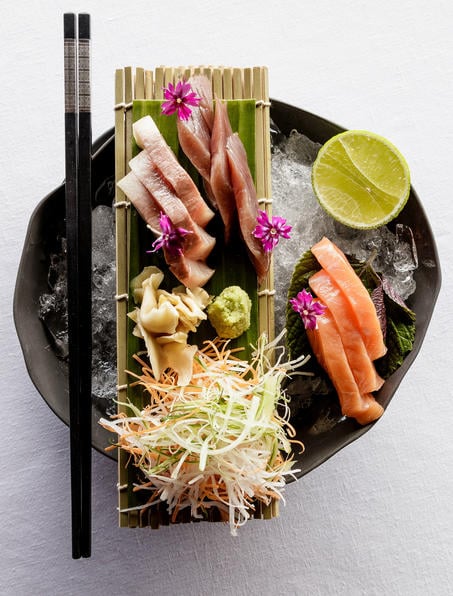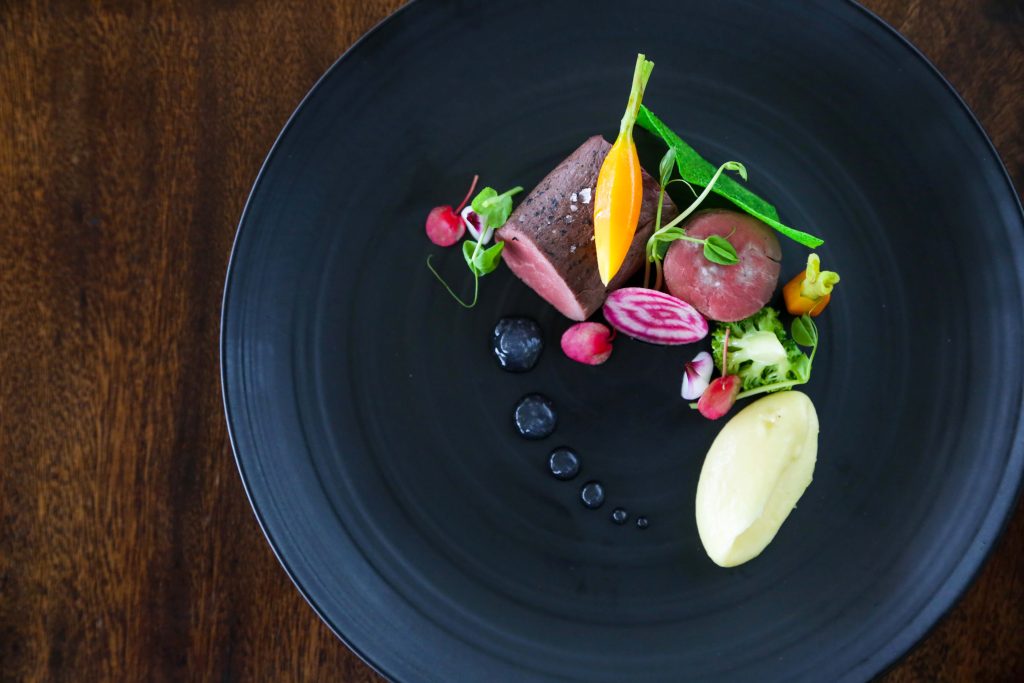Plant-based organic food R/evolution in Hospitality
The Renaissance of plant-based organic healing food in modern travel
Simply Newaken
In recent times, the world has seen a surge in consciousness, not just environmentally, but in terms of personal health and well-being. Central to this awakening is the international trend embracing plant-based organic food. This isn’t just a trend, it’s a revival of age-old wisdom from ancient civilizations, realizing that food, in its purest form, is medicine.
Plant-based organic food signifies dishes crafted without the use of animal products, focusing primarily on vegetables, fruits, grains, nuts, and seeds. When the term ‘organic’ is added, it ensures these plants are grown without synthetic additives, pesticides, genetic modifications, or irradiated treatments. The essence lies in consuming food in its most natural state, maximizing nutrients and minimizing any potential harm.
Historical scrolls and texts from various cultures emphasize the healing essence of certain foods. Turmeric, for example, a staple in Indian cuisine, has been recognized for its anti-inflammatory properties. Similarly, various berries, used by indigenous communities, have been known to boost immunity. By integrating these ‘superfoods’ and understanding their benefits, we create a new symphony, a creative philosophy of taste and health.
A Culinary Shift: The Rise of Plant-based Organic Fare
The dining culture in luxury establishments is experiencing a transformation, placing plant-based organic food front and center. Meals are crafted without the use of animal products, putting the spotlight on vegetables, fruits, grains, nuts, and seeds. When you hear ‘organic,’ it assures that these ingredients are grown without synthetic chemicals, promising a meal that’s rich in nutrients and low on harm.






Superfoods: The Powerhouses of Nutrition
The term ‘superfoods’ isn’t a new trend. Many cultures have celebrated ingredients like turmeric, known for its myriad benefits, or berries, hailed for boosting immunity. These ingredients offer more than just flavors; they carry the wisdom of time-tested culinary traditions and healing practices.
Each plate of food becomes a story – of nature’s bounty, ancient wisdom, and a future that’s sustainable and harmonious.
In this era of travel, it’s no longer just about visiting a destination; it’s about immersive experiences. And what can be more immersive than understanding and relishing the food that not only satiates hunger but heals the body and soul? The evolution of travel sees journeys of taste, health, and consciousness becoming the heart of many itineraries, with plant-based organic healing food leading the way.
The sustainable philosophy underlying this movement is profound. It’s about co-existing harmoniously with Earth, reducing the carbon footprint, and promoting biodiversity.








Ancient Health Techniques and the Newaken in Hospitality
A growing segment of travelers seeks more than just relaxation; they desire restoration. Hotels and resorts now offer packages influenced by ancient health practices — be it Ayurveda from India, traditional Chinese medicine, or indigenous healing rituals from the Americas. These are not just services; they’re transformative journeys harking back to a time where man, medicine, and nature were intrinsically linked.
A Green Transformation: Hotels Evolving Beyond Opulence
For hoteliers looking to tap into this trend, the path involves a commitment to sustainability and an understanding of holistic well-being. This is not just about crafting a plant-based menu but understanding the journey of each ingredient, ensuring it’s sourced sustainably and prepared in a manner that retains its healing properties. Hotels can host workshops, engaging guests in the process of food selection, preparation, and the philosophy behind each dish. Growing a hotel’s organic garden not only ensures fresh produce but becomes an experiential journey for the guest.
Hotels are undergoing a significant metamorphosis. Spaces traditionally adorned with lavish decors now incorporate green walls, sustainable materials, and efficient energy solutions. The new generation of hotels exudes an ethos where luxury coexists harmoniously with ecological responsibility.

